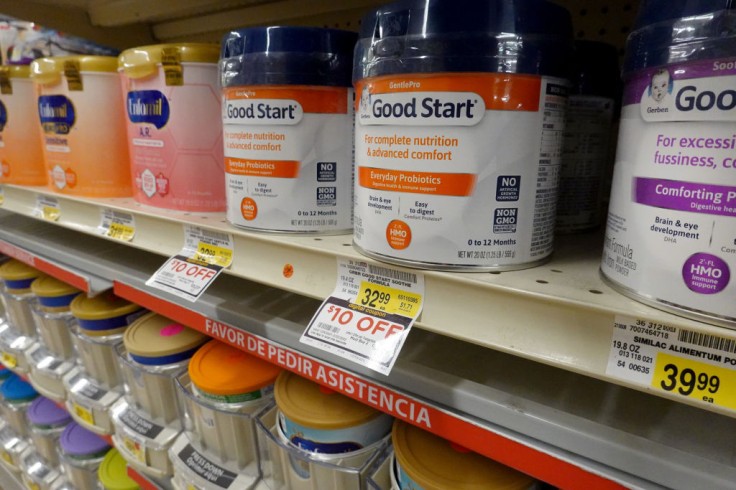
Infant formula company Bobbie wants to make it big in the United States. The California startup raises $50 million, boosting its plans to expand its European-style infant formula offerings in the American market. The company's expansion in the U.S. comes at a perfect time, with the country facing an ongoing shortage of infant formula.
Laura Modi and Sarah Hardy founded Bobbie in 2018, with the duo positioning the company as a more holistic alternative to the major baby formula brands. According to a report by Fast Company, Modi, who is now the CEO of Bobbie, says the idea for the startup was hatched when she was breastfeeding her daughter years ago.
Modi said she grew more concerned during that time about the presence and level of corn syrup in infant formulas made in the United States. Modi said that she never considered failing at it, but several days into having her baby, she was standing in a pharmacy, and she was choosing a product that left her guilty. Not satisfied with her options, Modi decided to develop her own formula, one that utilizes organic milk instead of corn syrup.
Are European infant formulas better than their U.S. counterparts?
The debate, however, rages on regarding Modi's claim that European infant formulas are better than baby formulas made in the U.S. The two products share similar nutrient profiles, but they have a few key differences.
For instance, the European Union limits the amount and the kinds of sugar that can be used in baby formula. The EU also requires the infant formula to have a certain amount of docosahexaenoic acid, an omega-3 fatty acid deemed important for the child's brain development. The American baby formula does not have this fatty acid, but it offers higher iron content than its counterparts in Europe.
Scientists have recently researched to find out whether Modi's assertion about corn syrup solids is valid. According to a study published in the peer-reviewed journal Nutrients last week, Hispanic infants who were given infant formula with corn syrup solids were more likely to develop food fussiness by age two compared to babies who received breast milk or lactose-based formula.
Infant formula company Bobbie wants to conquer the U.S. market
That is quite concerning for babies with lactose intolerance. Some U.S. baby formulas use corn syrup solids to replace milk in their products to help infants with such a condition. There is a growing belief among mothers in the U.S. that the Food and Drug Administration (FDA) is not as strict regarding regulating baby formula.
Because of this point of view, a black market has emerged for European baby formula in the U.S., a practice that puts infants at huge risk because American authorities do not regulate it.
Bobbie aims to strike while the iron is hot and deliver European infant formula that meets FDA requirements to the American public. According to the website Techcrunch.com, Bobbie has a huge advantage in the infant formula market as it is the only direct-to-consumer formula company operating right now.